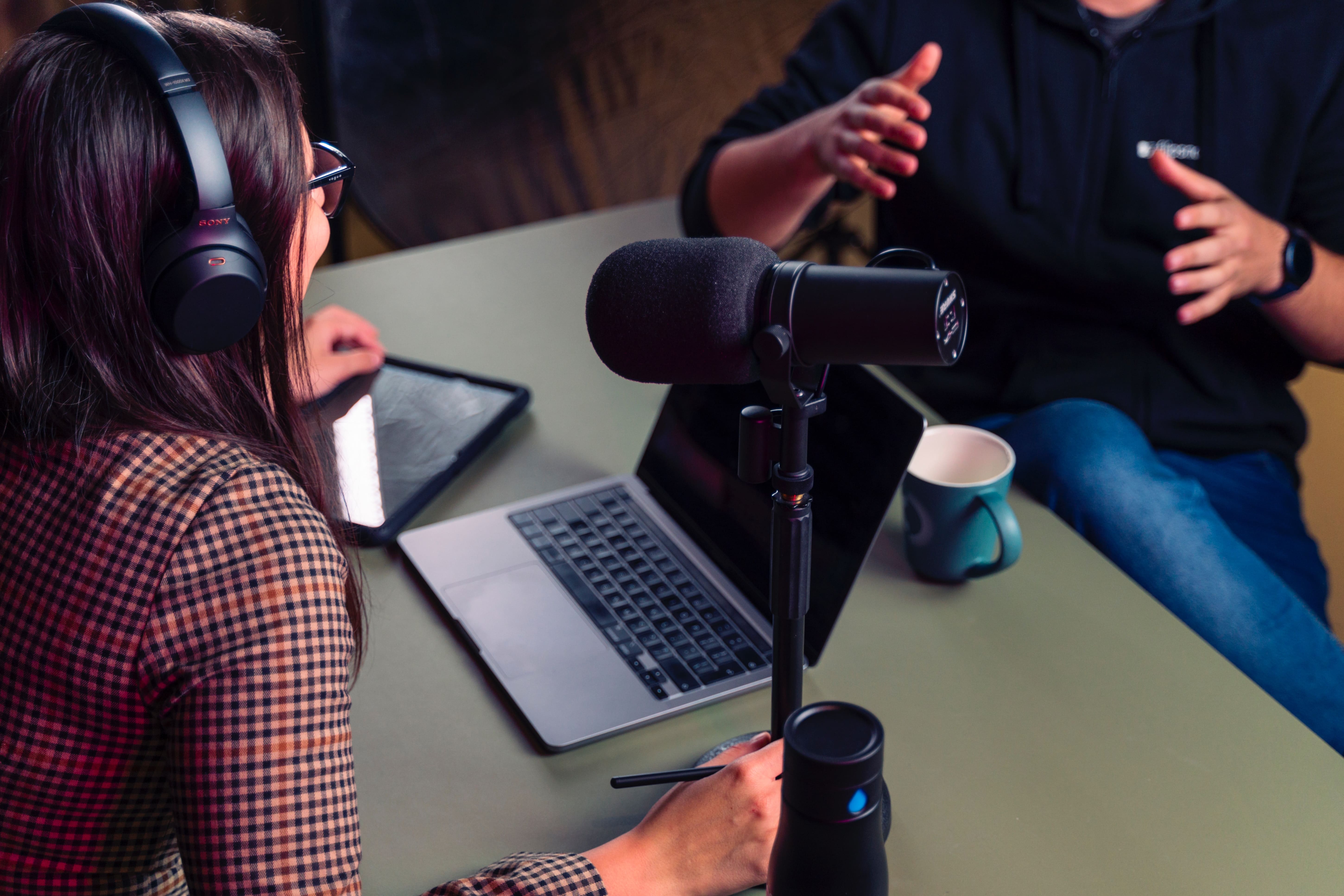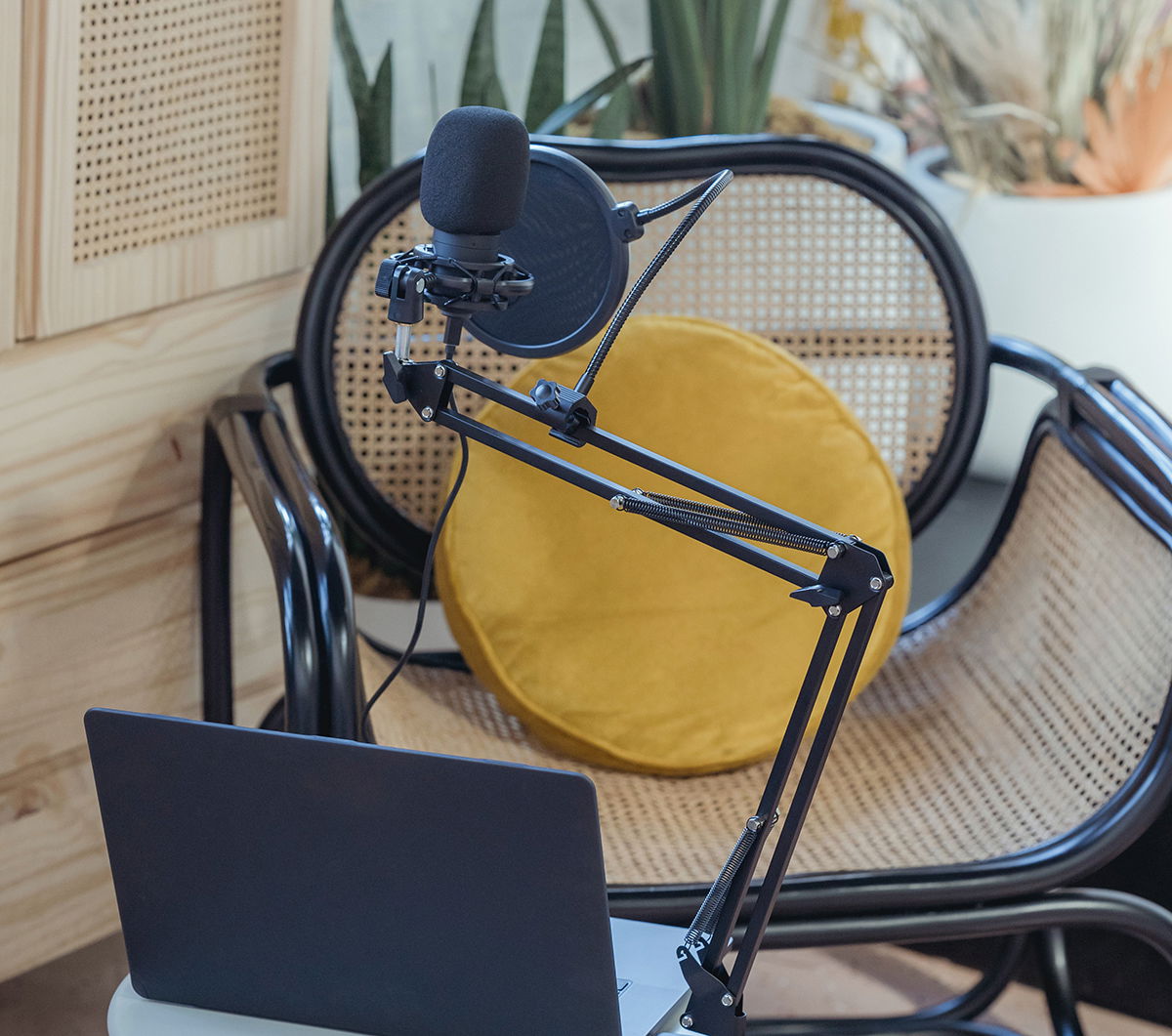Six Reasons Why Audio Interviews Are Useful for Learning

Six Reasons Why Audio Interviews Are Useful for Learning
In the ever-evolving landscape of education and learning, audio interviews have emerged as a powerful tool for both educators and learners. Whether you're a student looking to enhance your understanding of a subject or an educator seeking to engage your students in a dynamic way, audio interviews offer a unique and valuable learning experience. In this blog post, we’ll explore six compelling reasons why audio interviews are useful for learning.
Accessibility and Convenience
One of the most significant advantages of audio interviews for learning is their accessibility and convenience. Unlike traditional text-based materials, audio interviews can be easily integrated into various learning environments. Learners can access them on their smartphones, tablets, or computers, making it possible to engage with educational content wherever and whenever it suits them. This flexibility promotes a learner-centred approach and accommodates diverse learning styles and schedules.
Real-World Insights
Audio interviews provide learners with a direct link to real-world experts and professionals in their respective fields. By listening to experts sharing their experiences and insights students gain access to practical knowledge that may not be found in textbooks or traditional lectures. This firsthand exposure to real-world contexts helps bridge the gap between theory and practice, making learning more meaningful and relevant.
Active Engagement
Audio interviews are an excellent tool for promoting active engagement in the learning process. Unlike passive reading or listening to lectures, students are actively involved in processing information when they listen to audio interviews. They must actively listen, interpret, and make connections between the information provided and their prior knowledge. This active engagement enhances comprehension and retention of the material.
Varied Learning Experiences
Variety is the spice of life, and it's also essential in education. Audio interviews offer a refreshing change of pace from traditional learning methods. They introduce a multimedia element to the learning process, stimulating different senses and cognitive processes. This variety helps prevent monotony and keeps learners engaged and motivated.
Enhanced Communication Skills
Listening to audio interviews also improves communication skills in both academic and professional settings. By observing effective communication models in action, students can learn how to ask thoughtful questions, actively listen, and engage in meaningful conversations. These skills are transferable and valuable in various aspects of life, including job interviews and interpersonal relationships.
Diverse Perspectives
Audio interviews often feature a diverse range of voices and perspectives. This diversity exposes learners to different viewpoints, cultures, and experiences, promoting a more comprehensive and well-rounded education. Students can explore various facets of a topic, gaining a broader understanding of complex issues and fostering empathy and tolerance for different opinions.
Conclusion
Incorporating audio interviews into your learning assortment can lead to a more dynamic and enriching educational experience, helping you and your students gain a deeper understanding of subjects while honing essential skills for the future.
Looking to explore audio in more detail? Our inclusive community welcomes you to join us at www.helpwithdigital.com




